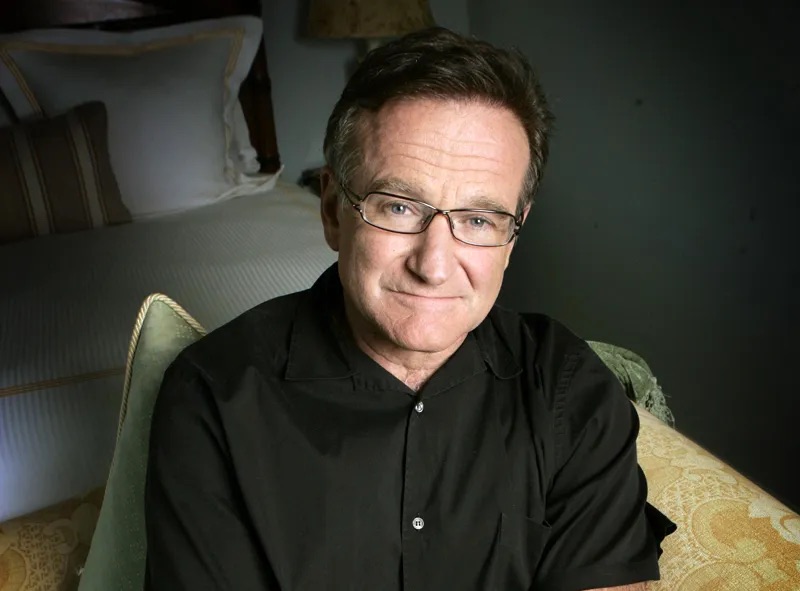Although psychedelic drugs are illegal in South Africa, many self-appointed healers and shamans based in Cape Town are openly advertising that they incorporate them in their therapies. Anyone convicted of their commercial use faces a fine, a prison sentence of up to 25 years, or both. Photographer Stuart Dods is one of those willing to take the treatment from a shaman. In an elegant wooden cabin nestled in the forest on Cape Town's outskirts, he is about to undergo his second psychedelic experience to treat a series of mental health issues he has been suffering from. At a cost of around $2,000 (£1,500), the psychedelic experience involves taking doses of psilocybin (also known as magic mushrooms) and MDMA (party drug, ecstasy). While growing research supports the efficacy of psychedelics for mental health conditions, experts warn of their risks, especially outside clinical settings. Client experiences, such as that of Dods, suggest an ongoing quest for alternative healing methods, all while under the shadow of legal repercussions and safety concerns.
South African Shamans Embrace Psychedelics for Healing Amid Legal Risks

South African Shamans Embrace Psychedelics for Healing Amid Legal Risks
In South Africa, self-styled shamans openly promote the use of illegal psychedelics for mental health treatments. This movement raises questions around legality, regulation, and the potential benefits of psychedelics.
Despite the legality issues surrounding psychedelics in South Africa, an increasing number of self-appointed healers in Cape Town are incorporating these substances into therapeutic practices. Clients, such as photographer Stuart Dods, seek alternative mental health treatments, believing psychedelics may provide deeper healing. Discussions among practitioners and mental health experts reveal concerns about safety, consent, and the effectiveness of unregulated psychedelic use.


















